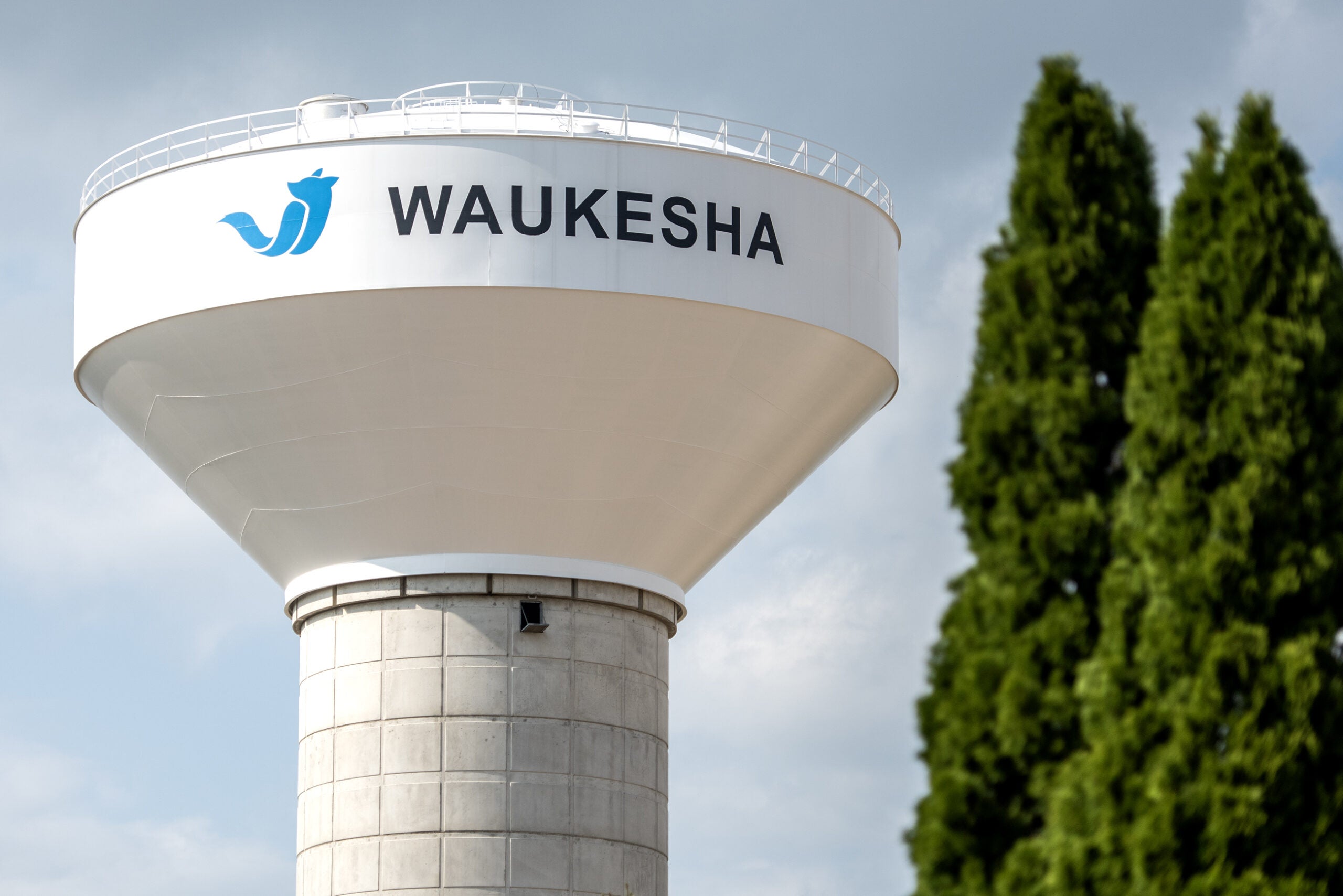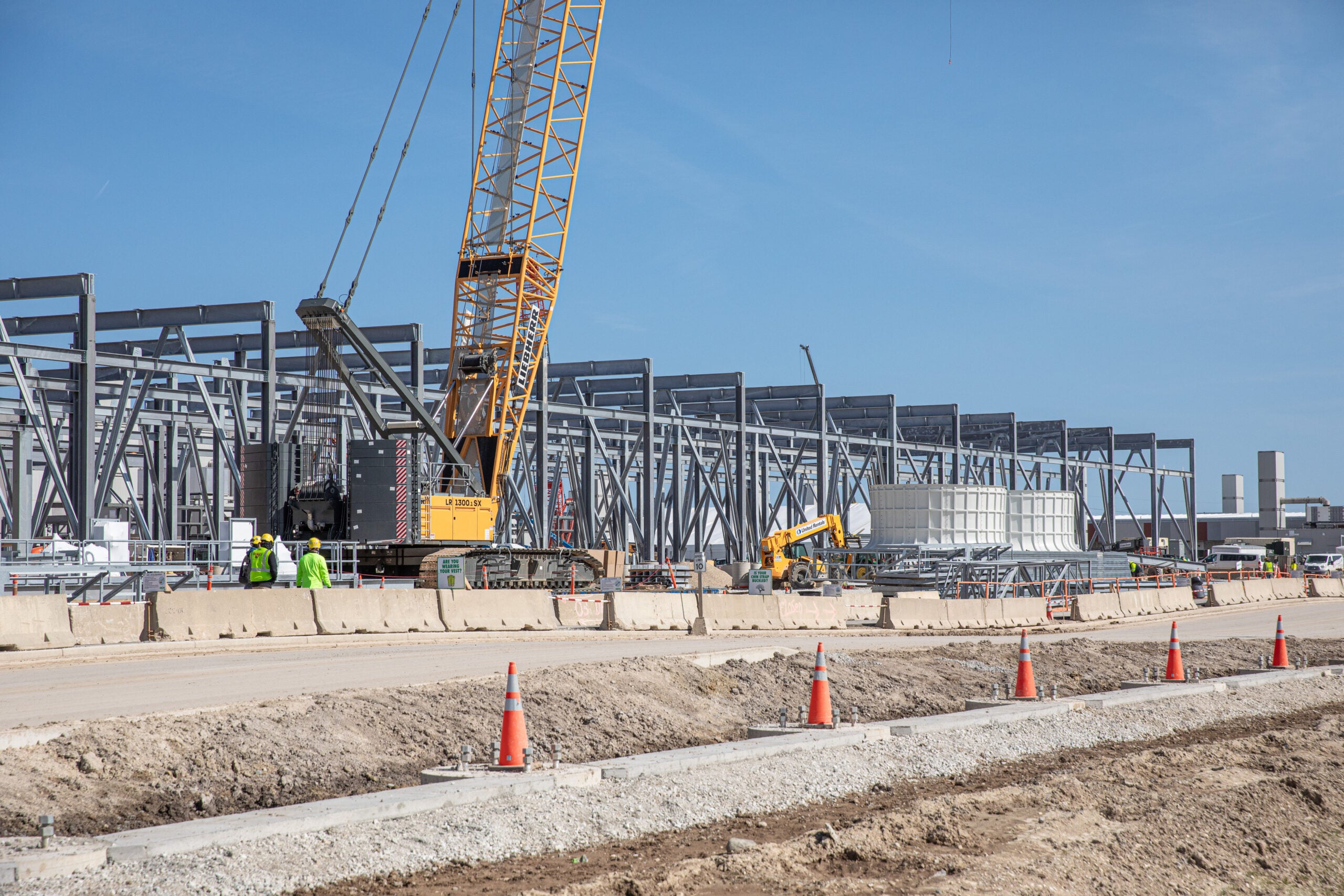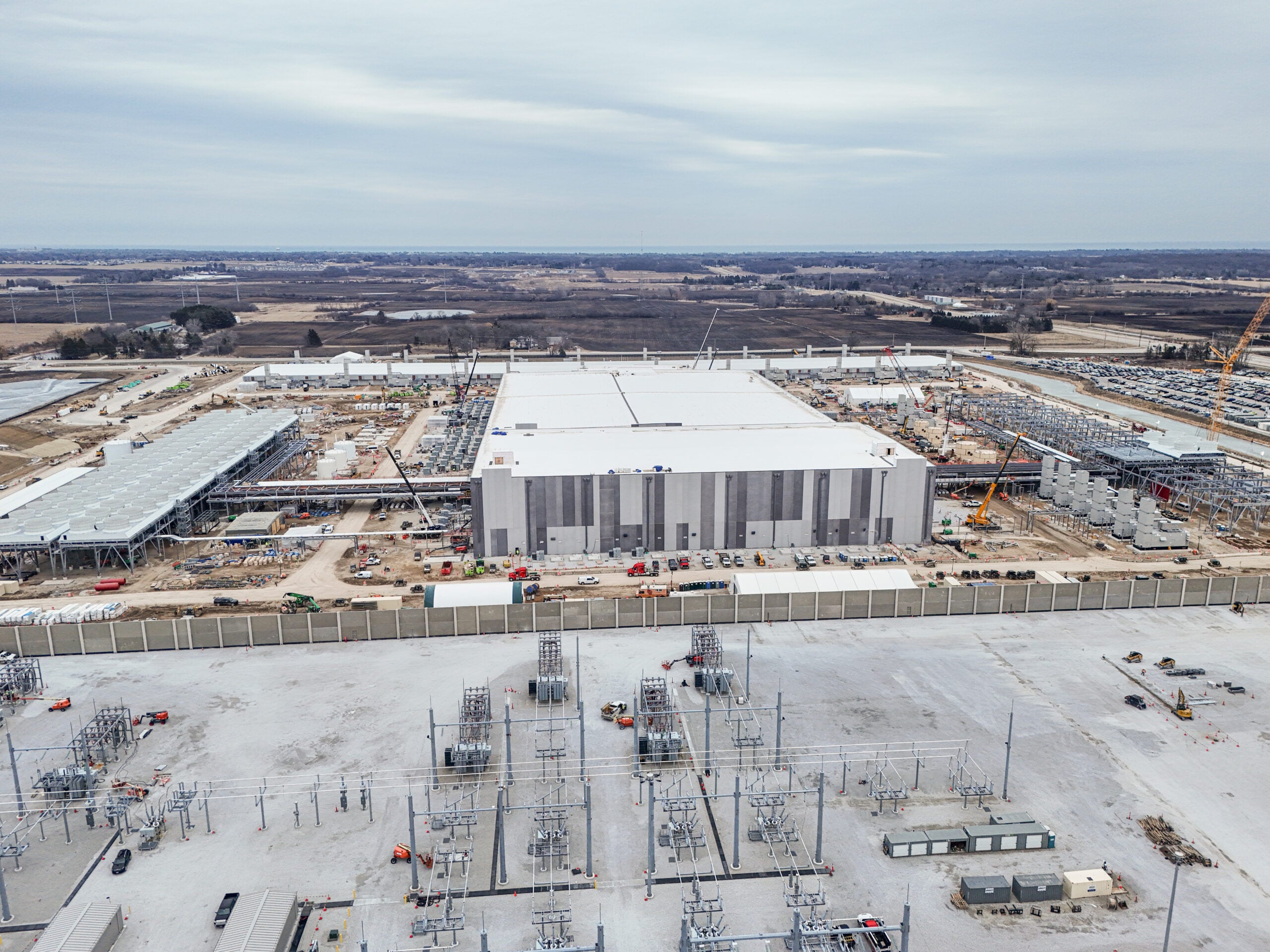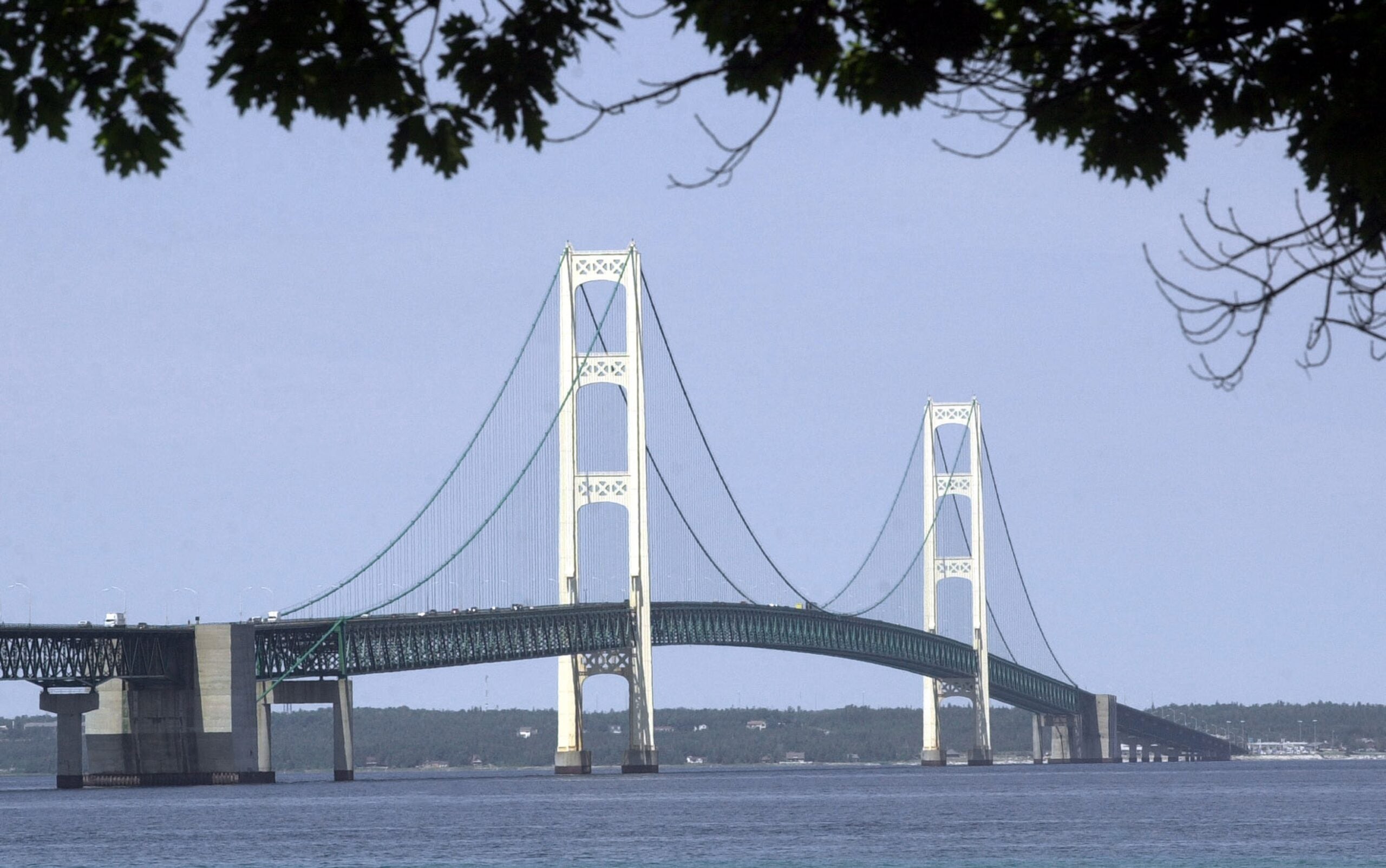Construction for a multi-year effort to divert millions of gallons of water from Lake Michigan to Waukesha was completed Thursday.
Under the project, known as the Great Water Alliance, the city of Waukesha will purchase water from Milwaukee and return treated wastewater to the Root River that flows into Lake Michigan. Construction, which included building 36 miles of new pipelines, cost the city $286 million. It’s the largest infrastructure project in the city’s history.
At a groundbreaking ceremony Thursday, Waukesha Mayor Shawn Reilly said the plan will deliver around 6 million gallons of water a day from Milwaukee to Waukesha Water Utility customers.
News with a little more humanity
WPR’s “Wisconsin Today” newsletter keeps you connected to the state you love without feeling overwhelmed. No paywall. No agenda. No corporate filter.
“Nothing is more important to a community’s future than safe, reliable drinking water,” Reilly said. “Today, we are near the end of the journey. Lake Michigan water will soon be flowing to Waukesha’s schools, homes and businesses.”
Dan Duchniak, the general manager at Waukesha Water Utility, said he’s excited that work for the project is done, which he called a “generational solution.”
“It’s almost surreal,” Duchniak said. “This isn’t my moment, it’s a moment for the residents of the city of Waukesha. They’ll finally be able to address that long-term water supply need that they’ve had, and I’m really happy for the residents that were able to get to that point.”
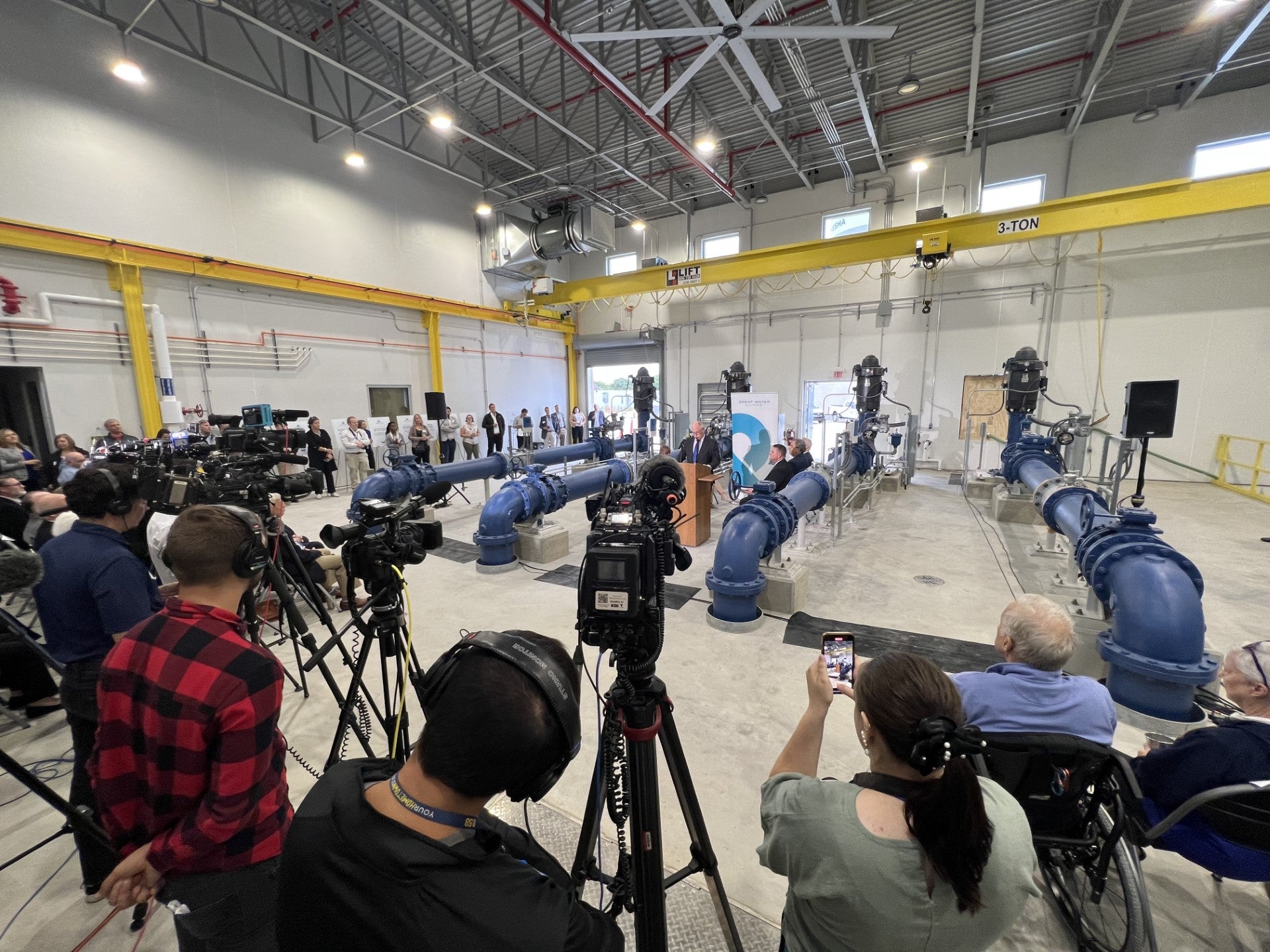
The city asked regulators in 2010 for permission to divert water from the lake for public use because city wells had become contaminated with radium, a carcinogen known to cause bone cancer and other health problems.
That request triggered a review process under the Great Lakes Compact, an agreement between eight Great Lakes states that bans diverting water outside the Great Lakes basin. Waukesha received approval for the project from the governors of eight different states in 2016, making Waukesha the first municipality outside the basin that doesn’t border a Great Lake that was approved to have water diverted from Lake Michigan under the compact.
“It’s unique to Waukesha, it’s unique to the Great Lakes,” Duchniak said. “We’ve set that standard for anyone else that potentially wants to go through this.”
Waukesha also received a diversion approval from the Wisconsin Department of Natural Resources in 2021.
“The city of Waukesha’s project to obtain a new water source solves a long-term public health concern,” said Steve Elmore, Wisconsin DNR Drinking Water and Groundwater Program Director. “I’m pleased to have the radium contamination in the city’s water supply eliminated.”
The Wisconsin DNR is regulating the project and said the city must monitor water quality in the distribution system following standard Safe Drinking Water Act requirements, the federal law aimed at keeping drinking water safe. The agency said the city has worked closely with them to test the new water source and ensure that changing to Lake Michigan water would not cause unexpected water quality problems.
The city must also report information annually to the DNR, such as the volume diverted, volume returned to Lake Michigan via the Root River, the results of Root River monitoring and the impact of the city’s water conservation and efficiency program, according to the Wisconsin DNR.
Duchniak said the city will officially make the switch to lake water sometime around Sept.14 to 18. City residents will see an increase in their water bills, however, which will rise to around $150 a month, roughly 2.7 times higher than the current rates.
Editor’s note: This story has been updated to clarify that directly bordering a Great Lake is not a requirement to draw water from the lakes.
Wisconsin Public Radio, © Copyright 2025, Board of Regents of the University of Wisconsin System and Wisconsin Educational Communications Board.

